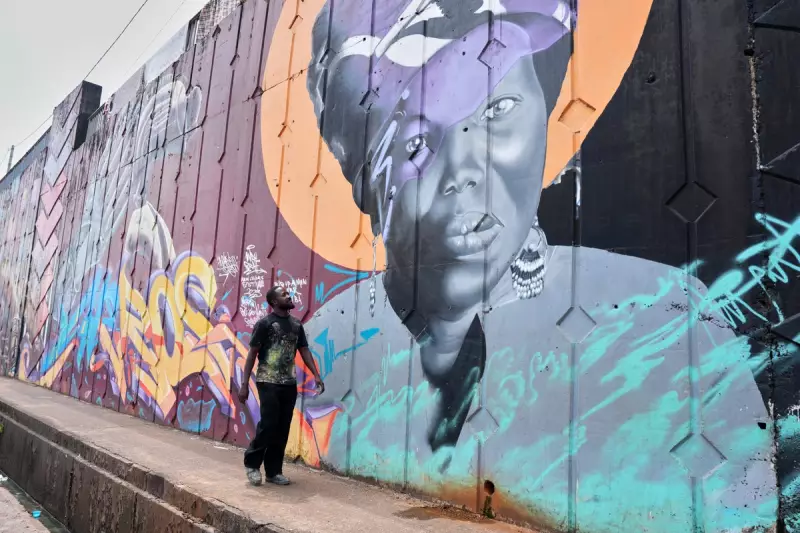
In a striking display of cultural assertion, Senegal has launched a comprehensive initiative to eradicate French-language graffiti from public spaces across the nation. This symbolic move represents a significant step in the country's ongoing journey toward cultural independence and national identity reclamation.
The End of an Era: French Language Removed from Public View
Authorities throughout Senegal have begun systematically painting over French-language political slogans and advertisements that have long dominated urban landscapes. The campaign, which has gained momentum in recent weeks, sees French messages being replaced with text in local languages including Wolof, Pulaar, and Serer.
This linguistic transformation extends beyond mere aesthetics, representing a profound shift in Senegal's approach to its colonial past and its vision for a culturally authentic future.
A Nation Reclaiming Its Voice
The graffiti removal initiative coincides with Senegal's broader efforts to strengthen ties with international partners beyond its former colonial ruler. Recent diplomatic engagements have seen the West African nation deepening relationships with both the United States and Guinea, signalling a strategic diversification of foreign policy.
Local residents have expressed overwhelming support for the changes, with many describing the transformation as "long overdue" and a "reclamation of public space."
Cultural Significance and Political Implications
This movement represents more than just a cleanup operation—it's a powerful statement about national identity in post-colonial Africa. By prioritising indigenous languages in public discourse, Senegal is challenging decades of linguistic hierarchy that placed French above local dialects.
The timing of this cultural shift is particularly significant, coming as Senegal positions itself as an increasingly influential voice in regional politics and international diplomacy.
What This Means for International Relations
Observers note that Senegal's cultural assertiveness reflects a broader trend across former French colonies in Africa. Nations are increasingly seeking to redefine their relationships with former colonial powers while building new partnerships that reflect contemporary geopolitical realities.
The replacement of French text with local languages serves as a visible manifestation of this diplomatic reorientation, sending clear messages both domestically and internationally about Senegal's evolving place in the world.
As the campaign continues to transform Senegal's urban landscape, it stands as a powerful reminder of how public space can become a canvas for expressing national identity and cultural sovereignty.





